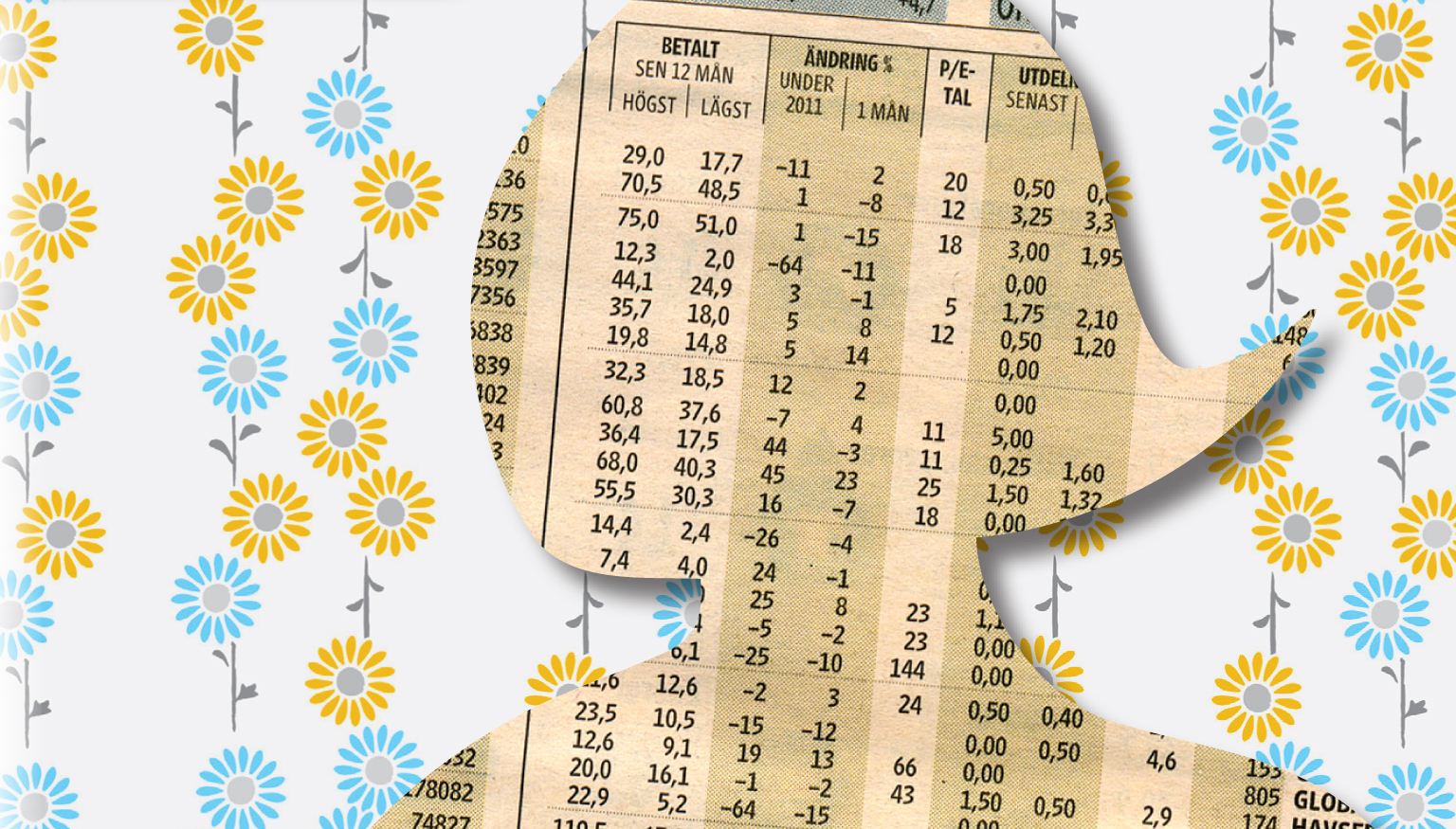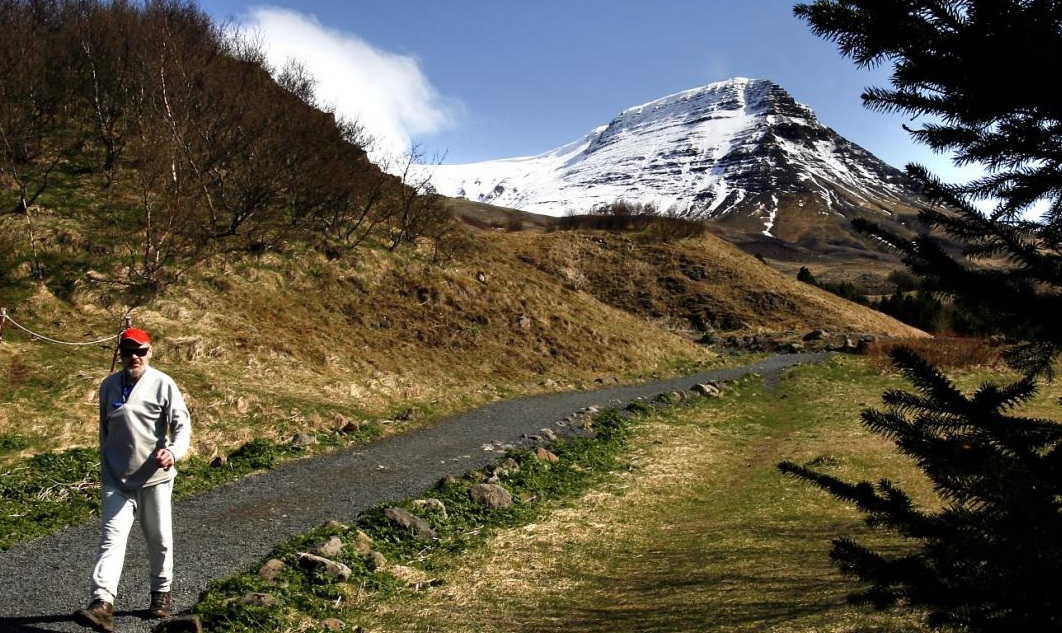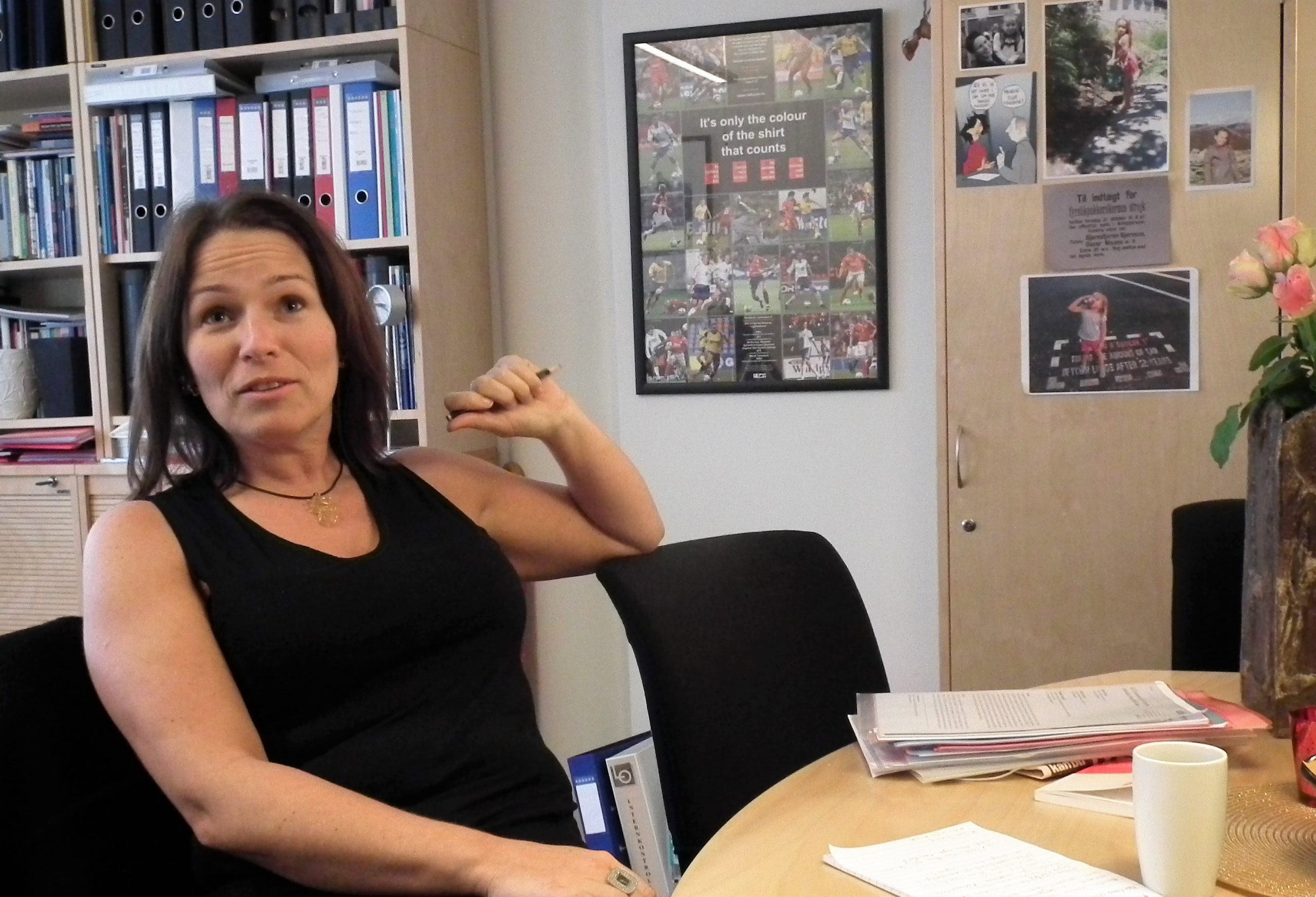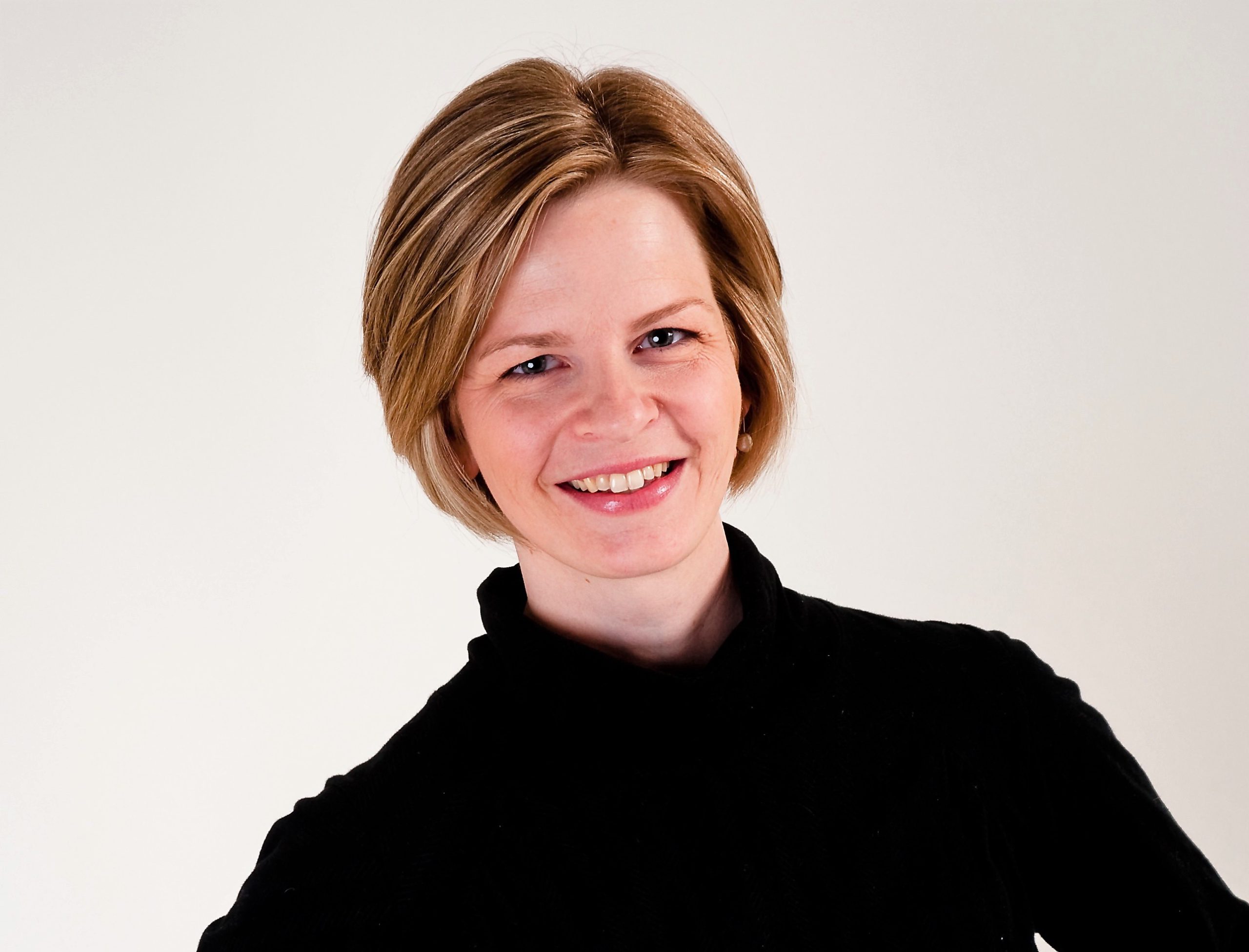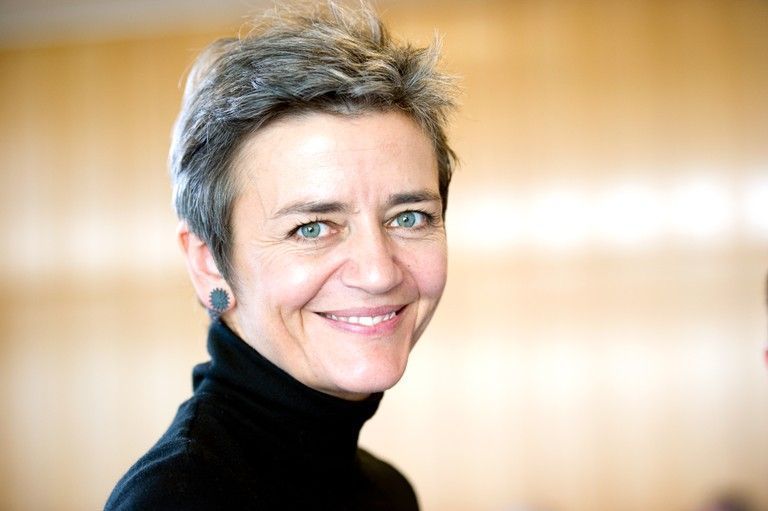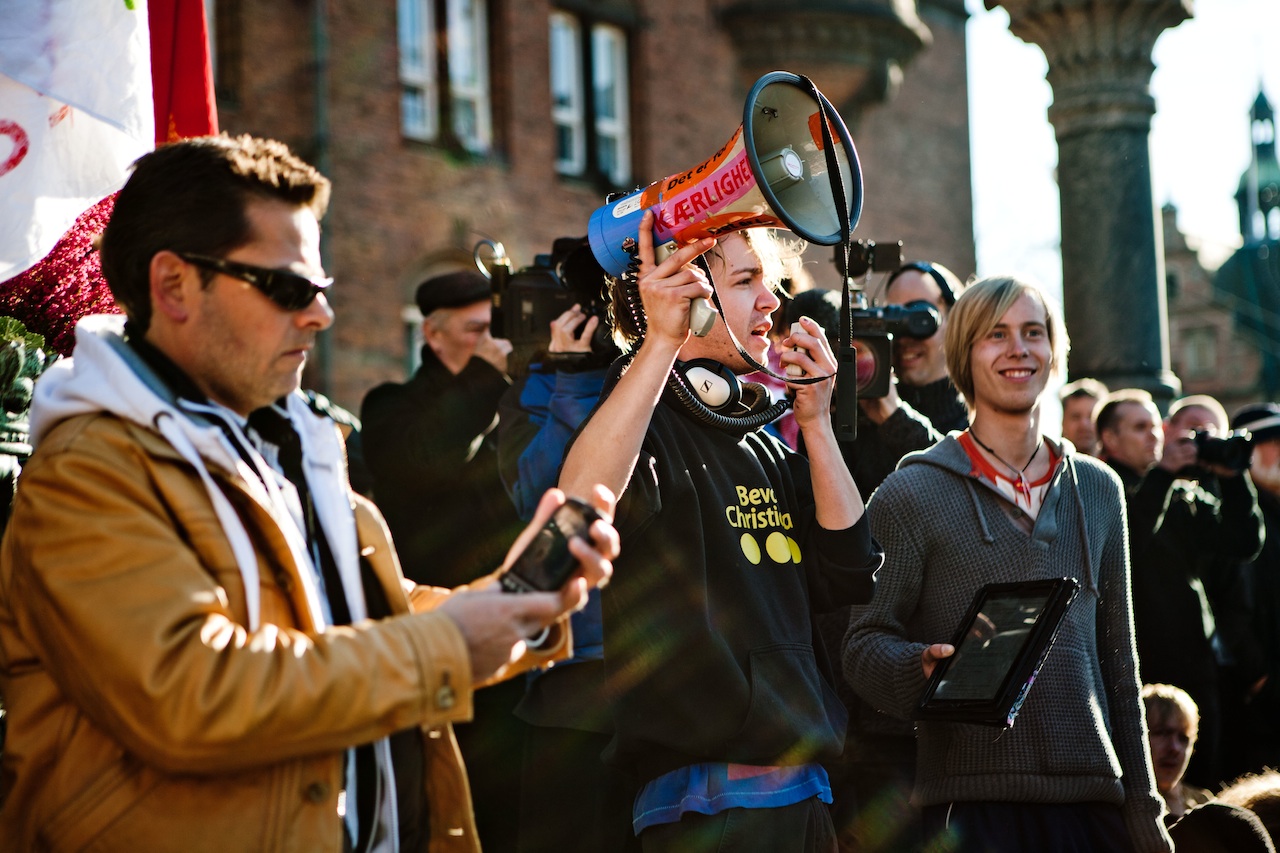Nordic Model
- Gender Equality
- Green Transition
- International
- Labour Law
- Labour Market
- Nordic Model
- Research & Progress
- Work Environment
-
Women’s businesses mirror gender segregated labour market
There is strong political will in Sweden to strengthen women’s entrepreneurship. Between 2007 and 2014 the centre-right government spent a total of 800m SEK (€90m) on supporting, developing and highlighting women’s enterprise.
8 minutes -
Effective sanctions make Norway’s quota law a success
The law on quotas is the most efficient measure to improve the boardroom gender balance. “But the law should be followed up by effective sanctions and state measures which help stimulate the action.” That is the advice from head of research Mari Teigen to other countries looking to legislate for quotas on company boards.
6 minutes -
Trine Lise Sundnes: Nordic workers’ voice at the ILO
The most important labour-regulating conventions were first introduced in Europe before being exported to countries elsewhere. Yet these same rights are now under threat from European countries looking for more ways to cut costs in the face of the economic crisis, says Trine Lise Sundnes, who represents Nordic workers on the ILO’s governing body.
8 minutes -
Editorial: The proof is in the pudding
Social sustainability must become as obvious as a sustainable climate or environment, says Hillevi Engström, Sweden’s Minister of Labour. Like her Nordic colleagues she has a drive to open up the labour market for people with disabilities.
2 minutes -
Loa Brynjulfsdottir wants to defend the collective agreement model
Loa Brynjulfsdottir is the new general secretary at the Council of Nordic Trade Unions, NFS. Her top priority is to further defend the Nordic collective agreement model. It is under pressure from the more regulations-based way in which labour market issues are dealt with within the EU.
7 minutes -
Editorial: The spirit of our times and future challenges
The Nordic welfare state is a finely tuned system. Cooperation between the social partners and authorities is central to its development. When Nordic trade unions loose members this power balance is endangered. That is an issue well worth focusing on. According to experts and politicians Nordic Labour Journal has spoken to, there is a need…
2 minutes -
Welfare state and social partners’ cooperation
Cooperation with the social partners is central when politicians in Norway and Denmark sit down to write new political programmes – be it Denmark’s new government programme or the programme for Norway’s 2012 presidency of the Nordic Council of Ministers.
4 minutes -
How do the unions handle the new debate on salary gaps?
Over the past decade the number of working days lost due to labour conflicts has been very low. Illegal industrial action has nearly disappeared altogether. Meanwhile the pay gap has widened considerably. But now there is fresh disquiet. How do unions deal with these new times?
7 minutes -
”Change or die” – mobilising and modernising unions
From 2007 to 2011 Swedish trade unions lost 273,000 members. Worst hit was the Swedish Confederation of Trade Unions (LO) and the lowest numbers of union membership was found among young people and people of foreign heritage. But unions are not passively watching the fall in membership numbers – on the contrary, they are mobilising…
11 minutes

